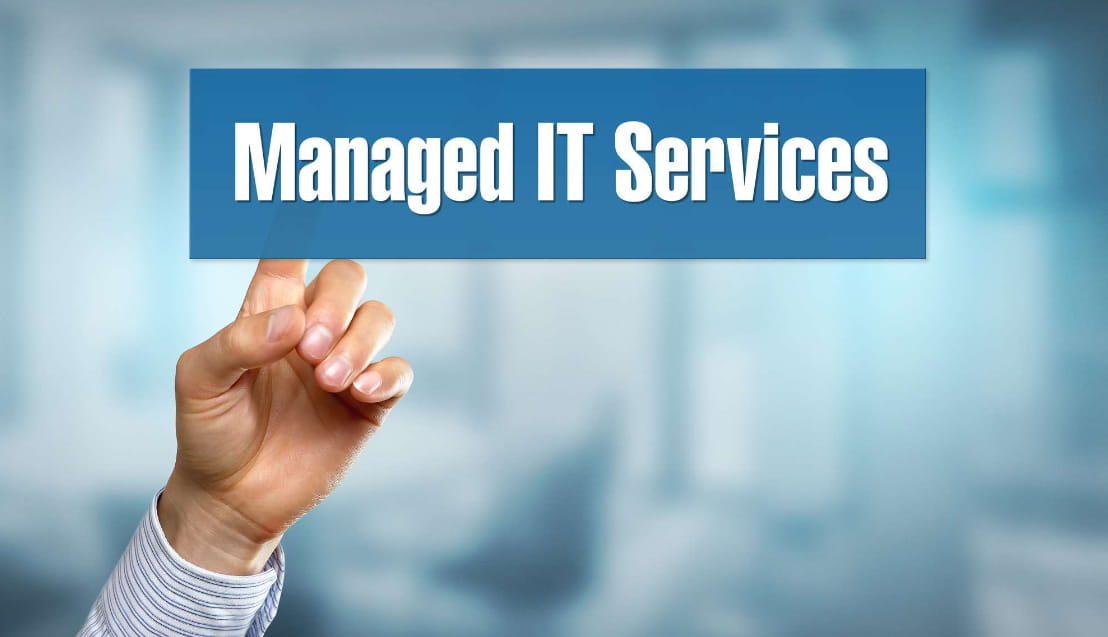Selecting an IT-managed services provider (MSP) is a critical decision for any business. The MSP will have a significant impact on the day-to-day operations of your business, as well as your bottom line. With so much at stake, it’s important to take the time to select an MSP that is a good fit for your business.
There are a number of factors to consider when selecting an MSP, including the size of the company, the services offered, the geographical location, the price, and the customer service. In this article, we will discuss each of these factors in detail and provide some tips on how to select an MSP that is right for your business.
1. Scalability:
Scalability refers to how quickly and easily an MSP can add resources or expand its managed IT services as your business grows or changes over time. It’s important that you choose an MSP that can grow with you as your needs change — whether it be adding more employees or expanding into new locations around the world.
2. Security:
Security is one of the most important considerations when selecting an MSP. You need to be confident that your data will be protected from unauthorized access and that your employees will have the tools they need to stay productive. If a security breach occurs, you want to know that your MSP is equipped to handle the situation quickly and effectively.
3. Experience:
The experience level of your MSP will impact how well they understand your business needs and how they go about meeting those needs effectively. A new or inexperienced partner may not have enough expertise in certain areas or may not know how best to approach certain problems without guidance from you as the client.

4. Pricing:
One of the most important considerations when selecting an IT MSP is cost. There are many different pricing models available from different service providers. Some companies offer flat monthly fees while others charge on a per-incident basis or even offer unlimited-use plans. It’s important to understand exactly how much you will pay for each service before committing to one particular vendor.
5. Services Offered:
Make sure that the MSP offers all of the services you need, including hardware maintenance and repairs, software installation, data backup and recovery, security monitoring, and more. You may also want to consider adding an SLA (service level agreement) or contract so that you have peace of mind knowing your needs will be met.
Conclusion:
If you find the right IT-managed services provider, it can reduce risk and optimize your tech budget. An MSP can also free up your time to focus on strategic initiatives that are important to your business. With so much riding on the services of an MSP, taking the time to decide which company is best suited for your business is definitely worth the effort.

